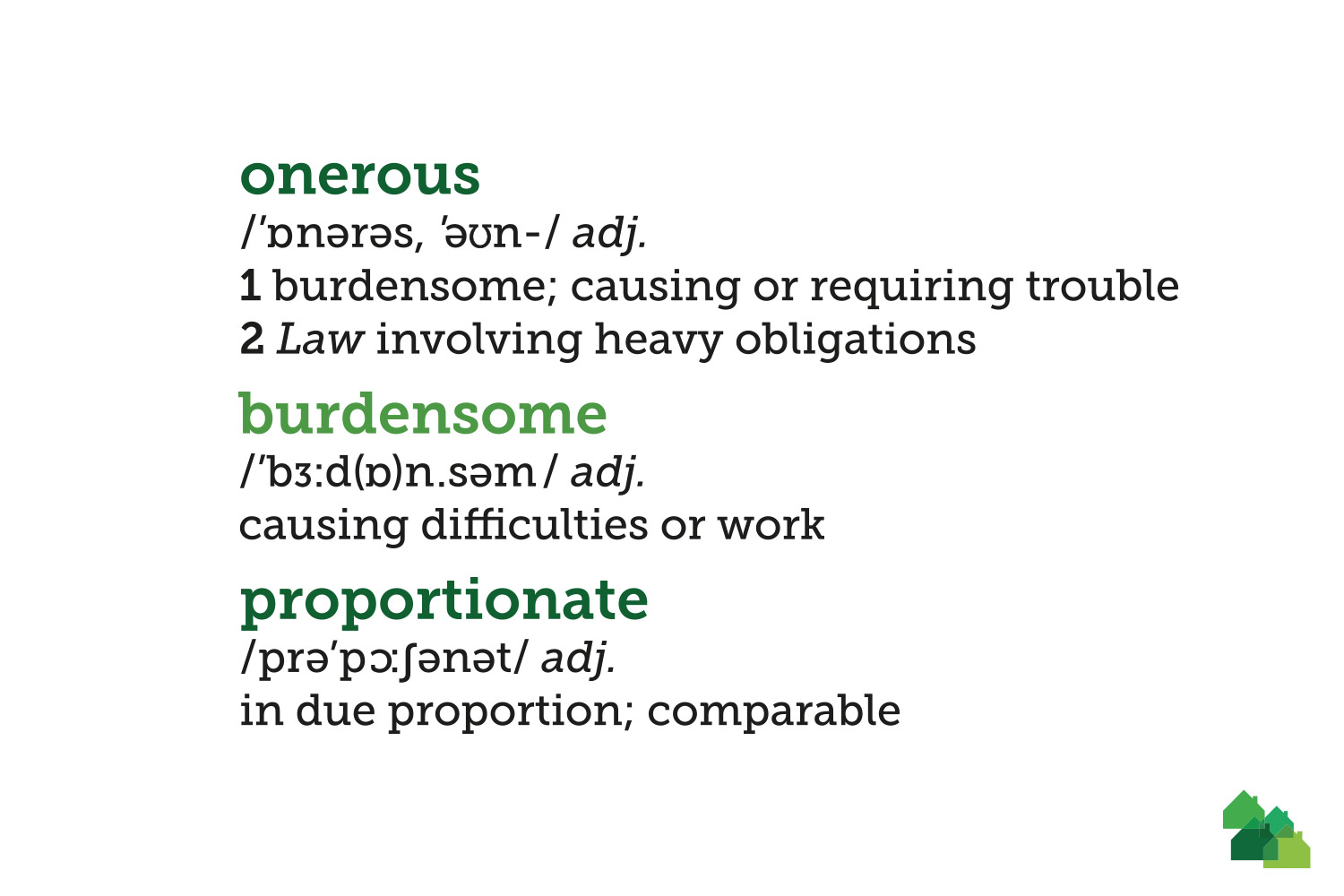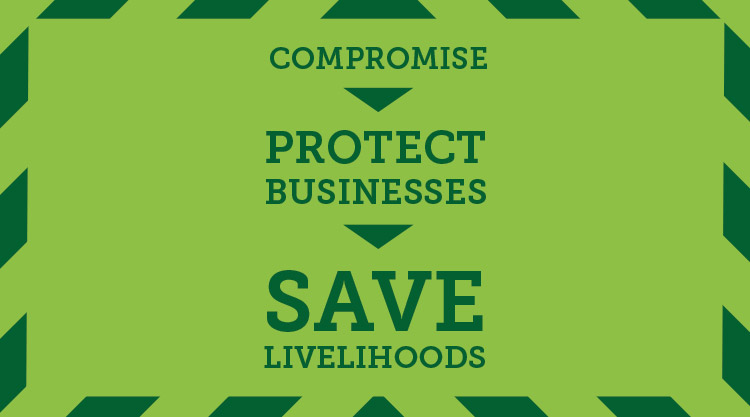Context and Background
- The Scottish Government intend to lay their revised short-term let licensing scheme regulations before parliament in November 2021. They are currently analysing the responses from stakeholders to their third consultation on short-term lets.
- As part of this regulatory discussion, and in order to gain further insights and additional data, the Association of Scotland’s Self-Caterers (ASSC) conducted a snap survey of operators on 24th September to gauge some of the unintended consequences of licensing to the self-catering industry.
- In just 72 hours, the ASSC gathered 668 responses from self-caterers across Scotland and the main points are set out below. You can read the survey results in full here: Measuring the Unintended Consequences of Short-Term Let Licensing to Self-Catering in Scotland
- Instead of a disproportionate licensing scheme, the Scottish Government should back legitimate professional businesses and our renowned tourism sector at this critical stage of Covid recovery, allowing visitors to benefit from our unique hospitality and fantastic range of accommodation.
- To this end, the ASSC have presented balanced, proportionate and fair proposals which would provide an exemption from licensing for registered accommodation, which would help protect Scotland’s £867m self-catering industry while also secure the Scottish Government’s policy objectives.
Summary of Results
- Scottish Government Ministers consistently claim licensing would not be onerous. As recently as last week, the Cabinet Secretary for Housing Shona Robison told MSPs their licensing plans “will not be onerous for those who provide short-term lets.”[1]
- However, this is clearly not the view of those who work in the sector as shown by the ASSC’s survey, nor is it the view of industry stakeholders.
- If the Scottish Government introduce licensing as drafted, 92% of the industry consider the licensing scheme burdensome, whilst 88% consider it onerous. Over half of operators would remove their listing from holiday accommodation and close their business as a result.
In addition, the survey highlighted that:
- 71% said the purpose of the property is specifically for a tourism accommodation business, with 82% on non-domestic rates.
- 12% said it was part of their primary residence, 30% said they would leave the property empty, while only 20% would sell it. Moreover, 72% said that if they were to sell their property, it would not be available for affordable housing
- A staggering 92% have concerns about the unknown cost of a licence application in addition to existing health and safety compliance.
- When asked about the mental implications of the proposed licensing scheme to self-catering operators, their family or business colleagues, 82% said the proposed scheme was causing them concern or distress.
- 89% of operators said they feel uncomfortable or distressed about the uncertainty of having to apply for a licence every 3 years.
Responding to the survey, Fiona Campbell, CEO of the Association of Scotland’s Self-Caterers, commented:
“This survey highlights the apprehension of self-caterers throughout Scotland at the prospect of short-term let licensing. Contrary to repeated assertions from the Scottish Government that their proposals will not be onerous, small businesses disagree with 92% stating that it will burdensome.
The findings also demonstrate some of the unintended consequences which will arise as a consequence of this legislation. Over half of operators would remove their property from holiday accommodation and close their business, thereby damaging Scotland’s tourism accommodation offering.
Rather than proceeding with a disproportionate licensing scheme which will hit small businesses who benefit their local economy, we need to save jobs and protect livelihoods at this critical phase of Covid-19 recovery with proportionate and targeted regulations. Our exemption proposal for registered accommodation does precisely that by ensuring an appropriate regulatory balance.”
Read the survey results: ASSC Measuring the Unintended Consequences of Short-Term Let Licensing to Self-Catering in Scotland
Professionalism within Self-Catering and B&Bs in Scotland
Related to our survey on short-term let licensing, earlier in this month, the ASSC also ran an online survey to assess levels of professionalism within the tourism accommodation sector and compliance with existing regulations. Full details can be found here.
Main Points
- In just 72 hours, the ASSC gathered 1484 responsesfrom accommodation businesses across Scotland, which includes traditional self-catering, bed and breakfasts, guest houses and small hotels plus, agri-tourism businesses, caravans and shepherd’s huts and other glamping accommodation.
- On the whole, small tourism accommodation businesses across Scotland are operating at a professional level: three quarters (1089 respondents – 74%) consider themselves to be professional operators.
- The professional standing on respondents is further justified as: 97% have public liability insurance; 67% are ASSC members; and 61% have their own website.
- The majority of survey respondents (80%) operate self-catering businesses. Of the 1185 self-catering operators responded:
- Almost three quarters (74%) consider themselves “professional operators
- 90% confirmed that their business meets the definition of a self-catering property as defined in The Council Tax (Dwellings and Part Residential Subjects) (Scotland) Regulations 1992. In addition, 84% pay non-domestic rates and let out their properties for more than 140 days per annum. 92% are occupied more than 70 days. These are both key indicators that they are operating as a business not just to generate additional income.
- 97% have public liability business insurance.
- Of the 338 B&B/Guest House operators responded, 81% consider themselves to be professional operators and 80% state the accommodation business is their primary source of income.
- 45% are on the non-domestic rates roll while 54% pay council tax
- Of those that offer food, 90% can confirm that the business is registered and has been passed by the local authority’s Food Hygiene Information Scheme.
- 74% have a listing on VisitScotland
- 30% market their property through Airbnb amongst other platforms.
Conclusion
- Self-catering properties, B&Bs and guest houses have been a longstanding presence in communities for generations, especially in rural/remote communities, and provide an economic boost for local areas and enhance Scotland’s tourist accommodation offering.
- Latest figures show there are 17,794 self-catering units on Non-Domestic Rates. These properties generate: 4 million visitor nights per year; £867.1m total visitor spend; and support 23,979 FTE jobs according to an economic impact assessment from Frontline Consultants.
- Such self-catering properties are legitimate, bona fide businesses whose owners depend on the money generated for their livelihood. This is entirely separate from the ‘homesharing’ concept, or those amateur operators who utilise online marketing platforms but are not subject to the same levels of existing regulation.
- Despite their valuable contribution, professional self-caterers and B&B owners will still be captured by the onerous ‘revised’ Scottish Government regulations, devised to respond to concerns predominantly found in urban areas over party-flats/amateur operators utilising marketing platforms.
- As our survey has shown, over half of self-catering operators will quit should the current licensing plans come into force. With expensive licensing fees of £1,000+ according to the Society of Local Authority Lawyers & Administrators, it will entail a materially negative impact for small business at a time when they should be supported for a sustainable recovery.
- Instead of hitting small tourism businesses, policymakers should consider the ASSC’s exemption proposal for registered accommodation.
[1] Scottish Parliament, General Questions, 23 September 2021. Url: https://archive2021.parliament.scot/parliamentarybusiness/report.aspx?r=13316
What our members say:
- I love the tourism sector. I take huge pride in doing all that I can to ensure guests experience a warm welcome and enjoy a relaxing holiday in comfortable surroundings… somewhere to call home while they explore the area and contribute greatly to the local economy, whether it be cafes, restaurants, boat tours, historic attractions, weavers, distilleries, artists. I love being part of this sector and helping to promote local businesses. Without this business I don’t know what I will do. I will obviously lose my income (as will my housekeeper and manager, and the local laundry will lose a client). I want to continue offering quality accommodation and to continue welcoming my many returning guests as well as getting to know new guests…but I am not sure if my mental health can stand the uncertainty of this bizarre licensing scheme…how can we take bookings and tell guests we might not be able to honour them if our licences are not renewed? I am feeling nauseous and anxious as I write this…so I guess that describes how this is going to affect me…
- It’s a Burach. A mashup of licensing, planning, and lurid tabloid headlines. It won’t work. Even one of the original proponents, Andy Wightman could not support it when it came before the Committee. He could recognise a car crash when he saw it. Scrap it, and allow the self-catering sector to recover from the terrible year we have just had. Don’t kick us when we are already on our knees.



